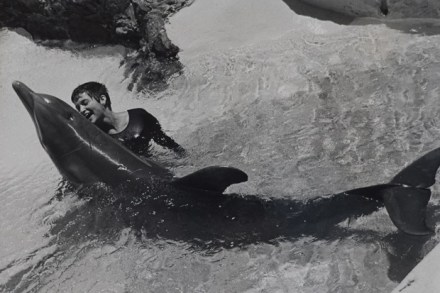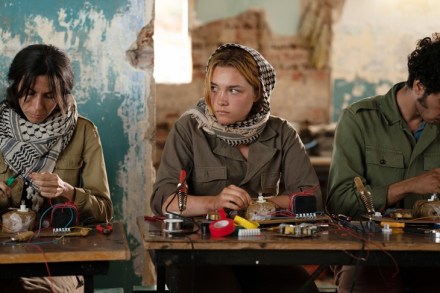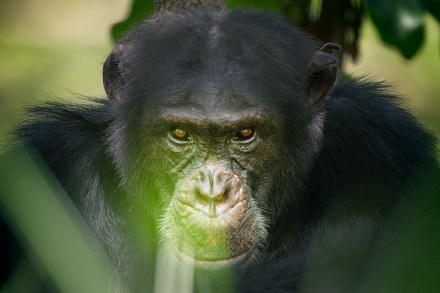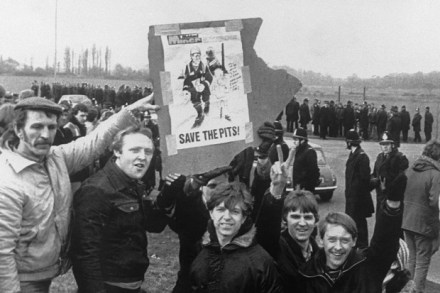The man who would be king
Last year on Who Do You Think You Are?, Danny Dyer — EastEnders actor and very possibly Britain’s most cockney man — discovered that he was a direct descendant of Edward III. Luckily, nobody had the heart to tell him that for somebody of English stock the chances of not being are estimated at 0.0000000000000000000000000001 per cent, and Dyer reacted with a memorable mix of excitement, delight and overwhelming pride. Now, in the two-part Danny Dyer’s Right Royal Family, both he and BBC1 are milking his regal lineage for all it’s worth in what might well be the oddest TV show of recent times. The first stop in Wednesday’s opening

















